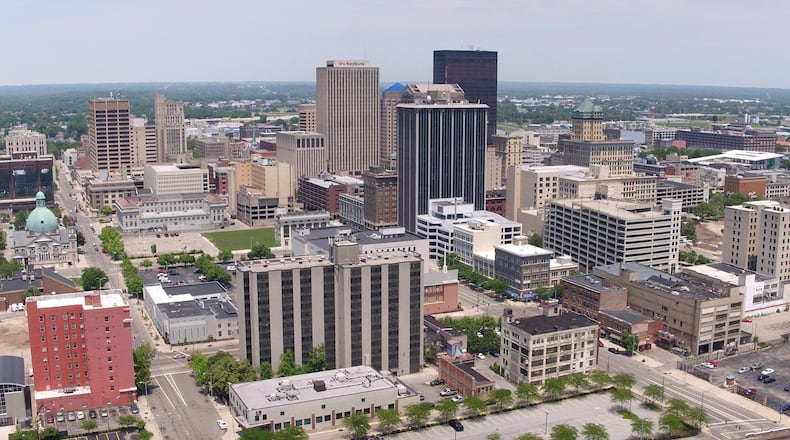Mayor Nan Whaley the idea will be considered by commission in the coming week. She said more discussion on the subject will take place over the next week.
Coronavirus: Complete coverage
Myla Cardona Jones, professor at Sinclair Community College, said the group put together an 18-page outline for the city, looking at critical variables directly influencing public health such as the need to make health care, education and the criminal justice systems more equitable.
“We all brought our passions into this one document. Our hope is that we’re able to align our goals also with the initiatives already happening in the community. This is an effort to bolster the work that’s already being done and to address the issues that are not, in an effort to make sure as a community we are seeing the change and being the change,”
Many of the issues, such as education, are issues that can’t only be addressed by the city or at the local level.
“We recognize that some of the issues we have are not just on the local level,” Cardona Jones said. “We definitely are going to need the partnership of the county of state and all the other entities that are involved and works.”
MORE: More local restaurants — including some of our oldest and youngest — to reopen this week
After the meeting, Amaha Sellassie, public sociologist with Sinclair Community College, said the data and information on racism isn’t new but declaring racism a public health crisis can be important to shift the context and add the right lens to problem solving.
He said when looking at problems like food deserts and educational issues, “we’re looking at the fruits of policy decisions.”
“I think the key is structures aren’t neutral … structures are ideology plus resources. So I have an idea then I add resources to it and now I build structures or institutions or arrangements,” he said.
Shannon Isom, CEO of the YWCA Dayton, said the conversation isn’t new but called for the group to look at this time and this moment differently and that the city will take it upon itself to build leadership. The city has already had many committees, and “so my concern is that we’re going to add committees, we’re going to tokenize the work itself and maybe even ‘other’ the work” she said the question is how do we execute and how do we build leadership in the city, county and in public health.
About the Author
